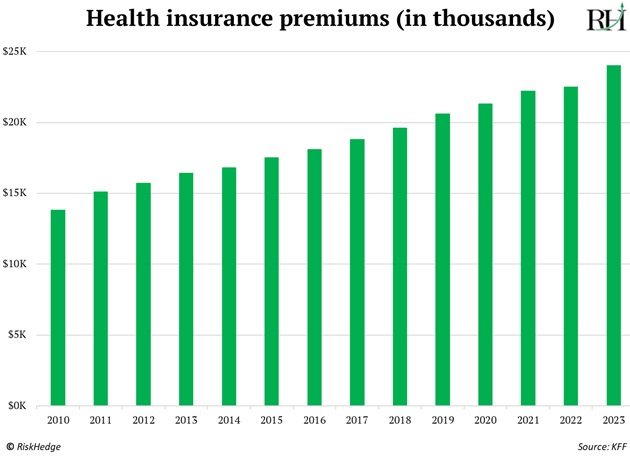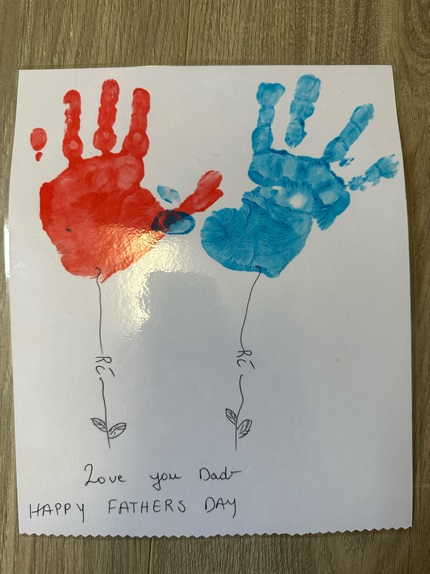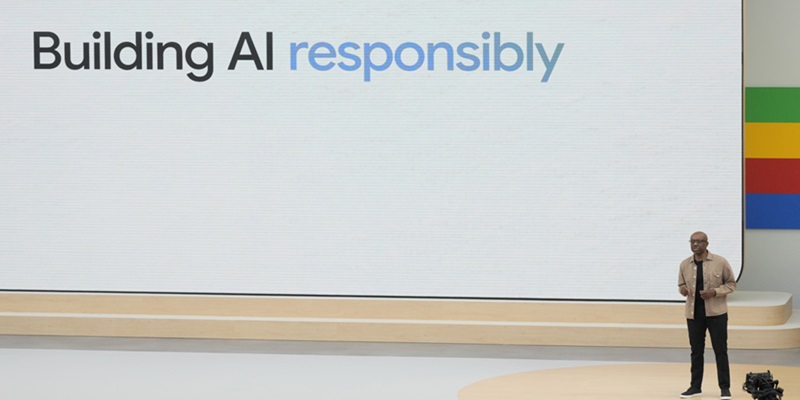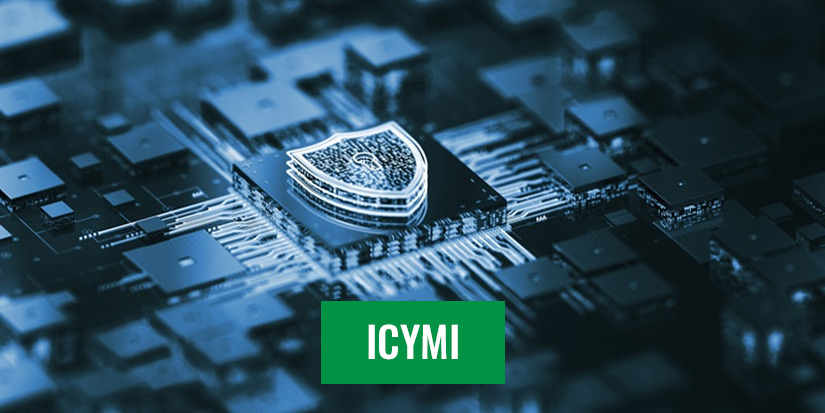- “The AI spending cycle is nowhere near done.”
That’s what one of Boston’s top money managers recently told me.
Many investors still think artificial intelligence (AI) is a passing fad. Maybe they have PTSD from hyped-up trends like the metaverse and virtual reality that never panned out.
AI is different. This year alone, Microsoft (MSFT), Amazon (AMZN), Google (GOOG), and Facebook (META) will spend more than $170 billion building data centers.
AI data centers are football-field-sized warehouses packed with thousands of computers that consume as much power as 75,000 homes.
To keep these giant machines cool, the building is pumped with enough air to fill millions of balloons every minute. Water tanks the size of a swimming pool are also used to stop them overheating.
ChatGPT creator OpenAI reportedly doubled its revenues in the past year. Impressive, but there are better opportunities in the stock market.
You want to follow the money and own the businesses powering the AI buildout.
Nvidia (NVDA) has been the big winner from the AI spending spree so far. But we’ve shifted our attention to other parts of the data center buildout in Disruption Investor.
- Picture this. It’s 2044. You walk into your local hospital’s “gene editing” wing.
You sit next to a mother with a new-born baby who was born blind.
No worries. The baby will have normal eyesight within weeks thanks to CRISPR-infused eyedrops.
You’re there for some preventative and routine cancer deletion. It’s hard to believe cancer used to kill half a million Americans each year. CRISPR’s DNA scissors transformed it from a deadly disease into a mere nuisance.
I know this sounds a little futuristic. But the advances we’re seeing in AI and biotech show it’s very possible.
|
Biotech startup Profluent just released a new AI tool built to turbocharge gene editing.
Remember, CRISPR allows scientists to “cut” out bad genes that cause disease and replace them with healthy genes. The tech was invented around a decade ago, and now doctors are using it to cure blindness and deafness in kids.
But CRISPR is still in its “pre” printing press era, when all books were painstakingly handwritten.
Inventing these cures requires biologists to do a lot of expensive and time-consuming lab experiments. PhDs in white coats hunched over a biosafety cabinet for months on end, watching their experiments through microscopes.
Tools like Profluent’s OpenCRISPR-1 will give gene editing a shot of adrenalin.
AI can simulate experiments billions of times on a computer before doing them in the lab, saving time and resources.
It can also analyze mind-bending amounts of medical data and connect the dots to offer new ideas that would take us mere mortals a lifetime to discover.
This won’t only unlock 100X more lifesaving treatments. It’ll also enable personalized medicine, where drugs and cures are quickly tailored to individuals.
AI will press “fast-forward” on the biotech revolution. Get ready for a rapid burst of innovation.
The intersection of AI and biotech is a key theme in Disruption Investor.
- Ever notice many government laws do the total opposite of their titles?
“The Affordable Care Act.”
Look at the spike in insurance premiums since it passed:

California’s Senate recently passed the Safe and Secure Innovation for Frontier Artificial Intelligence Models Act.
If fully voted into law, this bill is the end of AI in California.
Among other things, it requires coders to guarantee their AI tools won’t be misused. Impossible.
Imagine if back in the '70s Steve Jobs had to guarantee Apple (AAPL) computers wouldn’t be used for malicious purposes, ever. Apple would’ve never gotten off the ground.
I don’t mind regulation when it’s targeted, effective, and does more good than harm. But that’s a rarity. Once you invite the government bureaucrats in, it’s usually “game over” for innovation.
Take the high-speed rail line that’s supposed to connect San Francisco to LA. Despite 15 years of “work” and about $5 billion spent, no track has been laid!
California hired France’s national railroad company to complete the project. But after two years of roadblocks, they left for Morocco, saying it was less politically dysfunctional.
Morocco’s bullet train has been running since 2018.
In Washington, DC, I had coffee with the head of America’s first dedicated AI policy think tank. His view: “Politicians won’t kill the AI Golden Goose.”
They’ll talk tough to rake in some lobbying dollars. But in the end, they’ll let AI flourish.
I think he’s right.
As Winston Churchill once said, “America will always do the right thing, only after they have tried everything else."
- Today’s dose of optimism…
A belated happy Father’s Day to all you dads (and grandads)!
My son handed me this piece of art last Sunday. I’ll admit I shed a tear.

I’ve kept it on my desk all week to remind myself of the most important job I’ll ever have, being a dad.
See you Wednesday.
Stephen McBride
Chief Analyst, RiskHedge





